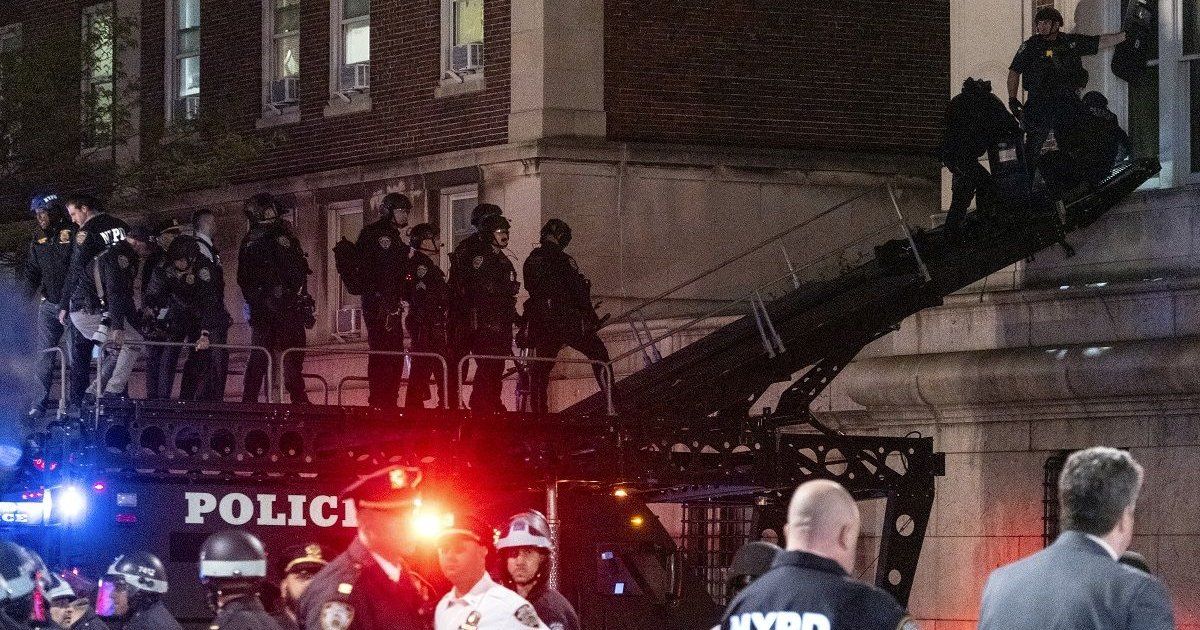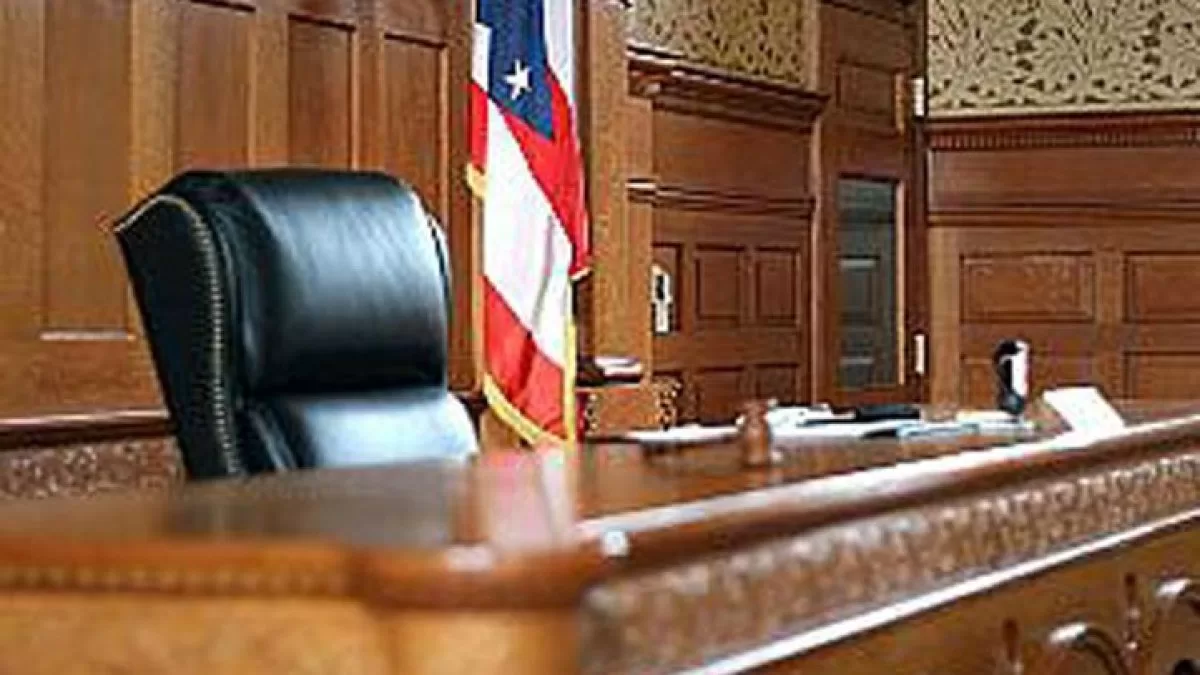In February this year, the Federal Supreme Court (STF) published a decision that allows people with overdue debts to be barred from public tenders. The measure, which aims to force defaulters to fulfill their obligations, however, does not apply to any type of debt, requiring a court decision.
According to the decision of the majority of STF ministers, a judge can adopt the necessary coercive measures for defaulters to pay their debts, such as prohibiting participation in tenders, seizure of CNH and passport. However, this restriction is not automatic and must be done by means of a court order.
In an interview with the Uol news portal, Denis Camargo Passerotti, from the Passerotti Sociedade de Advogados office, says that the measure does not apply to all debtors “indistinctly”, since a person cannot be prevented from participating in a competition or assuming a vacancy, just because he is in default.
“It depends on the Judiciary, on an assessment by the judge. If the debtor posts travel photos on Instagram and frequents fancy bars and restaurants, for example, this is evidence that he has money (to pay the debt), but would be hiding these resources” , said Passerotti.
How do I know if I will be banned?
Only a final court decision, that is, one that does not allow the possibility of appeal, can prevent a person in this situation. For this, the creditor must prove that the defaulter has money to pay off the debt and, even so, he does not.
The decision is defined by an investigation, in which the Federal Revenue carries out a survey of the debtor’s true assets, with an analysis of his consumption pattern, posts on social networks, whether he has loans, movable or immovable property, in addition to what he declares in the Income tax.
Any kind of debt?
According to Cristiano Vilela, a partner at the Vilela, Miranda e Aguiar Fernandes Advogados law firm, there is still the factor of the type of debt, as people indebted for spending on food, for example, could not be deprived.
Being an opportunity to improve their economic situation, the prohibitive measure violates the fundamental right to life. The same applies to the seizure of CNH for debtors who act as bus drivers, app drivers or taxi drivers.
Both legal professionals believe that the decision is beneficial, especially to creditors. However, the fact of leaving the subjective decision to the judge can be controversial, due to the lack of limits and parameters for the application of the measure.
Source: wow






